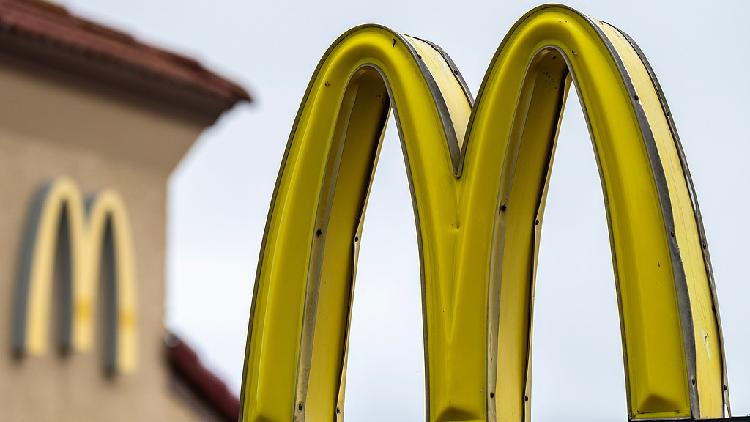E. coli Outbreak Linked to McDonald's Slivered Onions Climbs to 104 Cases
According to U.S. federal health officials on Wednesday, at least 104 individuals have fallen ill and 34 have been hospitalized due to an outbreak of E. coli food poisoning linked to onions used in McDonald's Quarter Pounder hamburgers.

Infections have been reported across 14 states, as noted by the U.S. Centers for Disease Control and Prevention. The outbreak has resulted in one death in Colorado, and four individuals have developed a serious kidney disease complication.
Colorado saw the highest number of cases, with at least 30 reported, followed by Montana with 19, Nebraska with 13, New Mexico with 10, and Missouri and Utah with eight cases each. Additionally, Wyoming had six cases, Kansas reported three, while Michigan documented two, and Iowa, North Carolina, Oregon, Washington, and Wisconsin saw one case each.
The illnesses were documented between September 12 and October 21, with at least seven of the affected individuals indicating that they consumed McDonald's meals while traveling.
The CDC identified the slivered onions in the Quarter Pounders as the likely source of the outbreak. Taylor Farms, a produce grower based in California, has issued a recall for onions that may be associated with the outbreak. While testing conducted by the U.S. Food and Drug Administration found a strain of E. coli that produces a harmful toxin in one sample of the onions, it was not the same strain responsible for the reported illnesses.
In the early days of the outbreak, Quarter Pounders were temporarily taken off the menus in several states. The onions previously used at McDonald's locations are now past their shelf life and are no longer available for sale. CDC officials have indicated that the public risk remains low at this time.
According to the CDC, the type of E. coli bacteria involved in this outbreak leads to approximately 74,000 infections annually within the U.S., resulting in over 2,000 hospitalizations and around 61 fatalities each year.
Symptoms typically arise within one to two days of consuming contaminated food and can include fever, vomiting, diarrhea—sometimes bloody—and signs of dehydration, such as little or no urination, increased thirst, and dizziness. This infection can result in serious kidney injury, particularly in children younger than five years old. E. coli poisoning in young children necessitates immediate medical attention.
Emily Johnson for TROIB News
Discover more Science and Technology news updates in TROIB Sci-Tech












